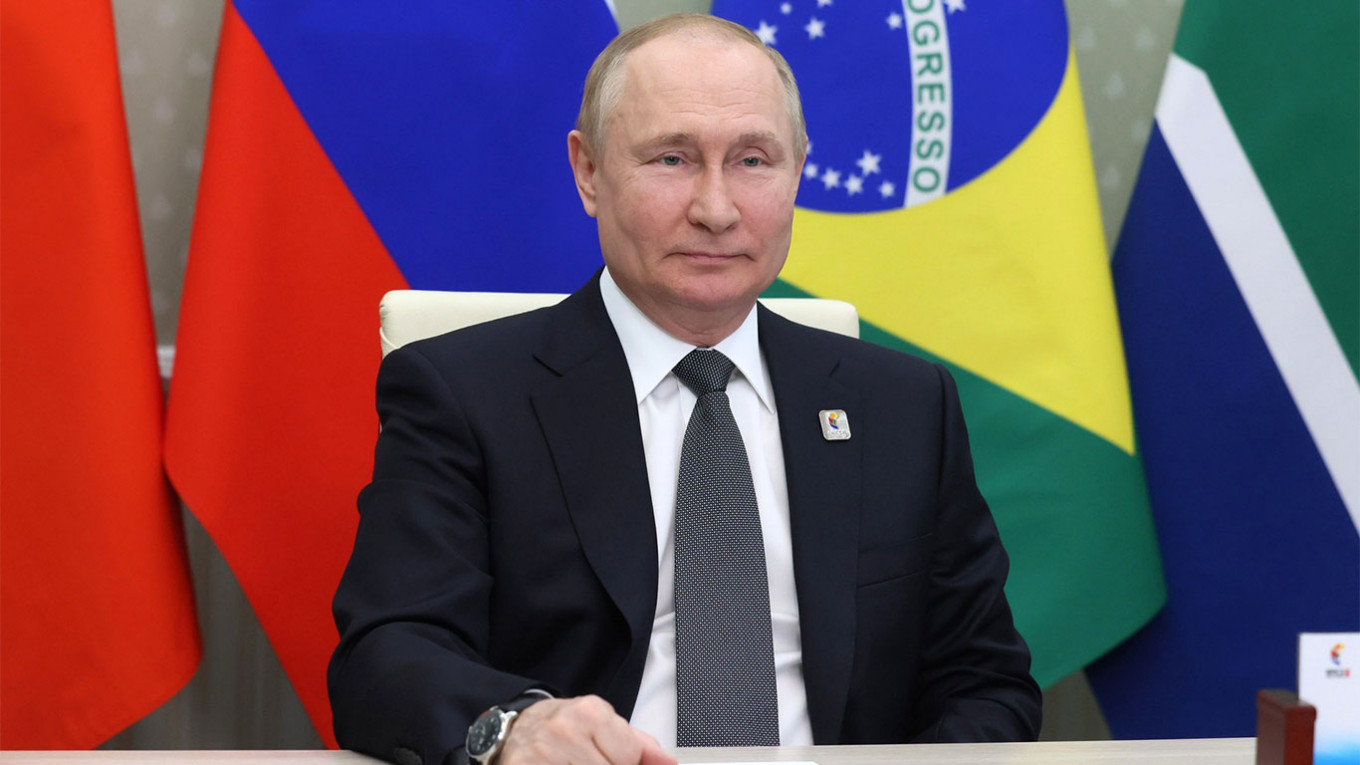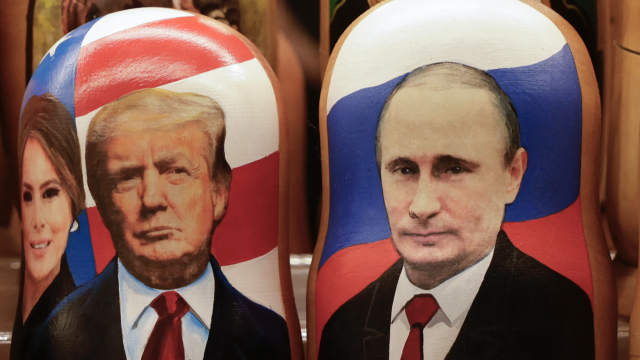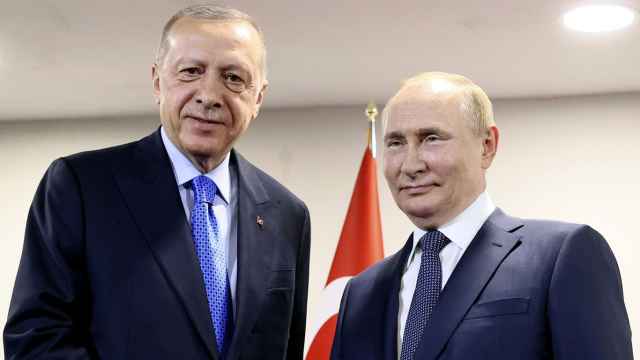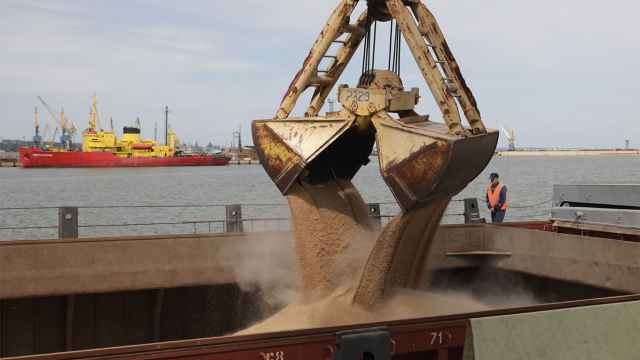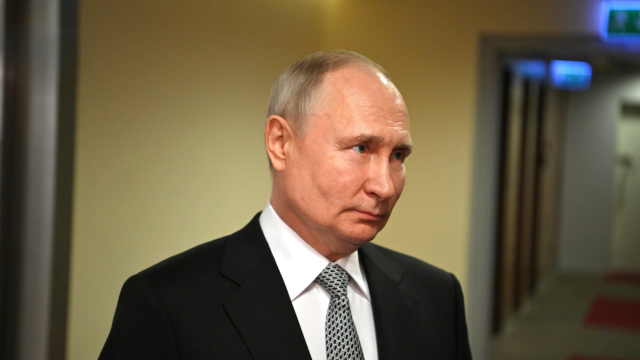Russian President Vladimir Putin denied on Friday that Moscow is stopping Ukraine from exporting grain as Russia’s ongoing Black Sea port blockade continued to raise fears of a global food crisis.
Kyiv is one of the world’s major exporters of wheat, corn and sunflower oil, but its shipments have been blocked since the Kremlin’s invasion of Ukraine, contributing to rising food prices worldwide and shortages in drought-stricken countries in Africa. Russia meanwhile blames Western sanctions on Moscow for the food shortages.
"The hysteria over the termination of shipping through the Black Sea ports is, as we say, artificially inflated," Interfax quoted Putin as saying at a BRICS summit press conference via video link.
“Russia is not preventing the export of Ukrainian grain from the country’s territory and is ready to ensure the free passage of cargo ships with grain into international waters.”
The Russian leader said this will only be possible if the Ukrainian military demines its Black Sea ports and nearby waters.
Putin accused Western countries, in particular the United States, of "destabilizing global agricultural production" with restrictions on the delivery of fertilizer from Russia and Belarus, and by "making it difficult" for Moscow to export grain.
"Rising prices on agricultural staples, such as grain, have hit the hardest developing countries, developing markets where bread and flour are a necessary means of survival for the majority of the population," Putin said.
“[Russia] will be able to supply world markets, most likely, with 50 million tons of grain,” Putin said, adding that Moscow is also ready to provide agricultural products, fertilizers and fuel.
Ukrainian and Western officials have also accused Russia of plundering large amounts of grain and farming equipment from occupied areas of Ukraine, accusations the Kremlin denies.
Russian and Turkish officials were in discussions this week on arranging exports of grain from Ukraine.
AFP contributed reporting.
A Message from The Moscow Times:
Dear readers,
We are facing unprecedented challenges. Russia's Prosecutor General's Office has designated The Moscow Times as an "undesirable" organization, criminalizing our work and putting our staff at risk of prosecution. This follows our earlier unjust labeling as a "foreign agent."
These actions are direct attempts to silence independent journalism in Russia. The authorities claim our work "discredits the decisions of the Russian leadership." We see things differently: we strive to provide accurate, unbiased reporting on Russia.
We, the journalists of The Moscow Times, refuse to be silenced. But to continue our work, we need your help.
Your support, no matter how small, makes a world of difference. If you can, please support us monthly starting from just $2. It's quick to set up, and every contribution makes a significant impact.
By supporting The Moscow Times, you're defending open, independent journalism in the face of repression. Thank you for standing with us.
Remind me later.


